Should We Start Thinking About Retiring The International Space Station?
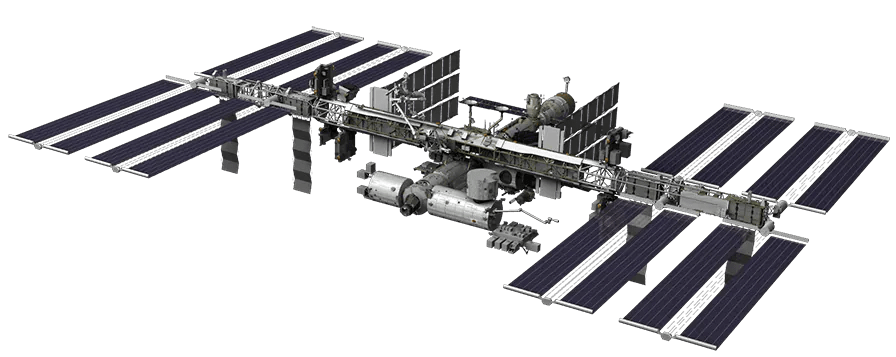
The International Space Station is undoubtedly mankind’s greatest achievement to date. We launched the first component in November 1998 with astronauts boarding on 2nd November 2000. Since then, over 388 trips have been made to the ISS with 226 individuals visiting for varying periods of time. It is mankinds only permanent off-world colony and serves as a shining beacon as to what international collaboration can accomplish. On a clear night, you might catch a glimpse of the ISS as it makes one of its 15.54 orbits per day, giving the conspiracy theorists and flat-Earthers a hard time. Check out this website to see where it is right now.
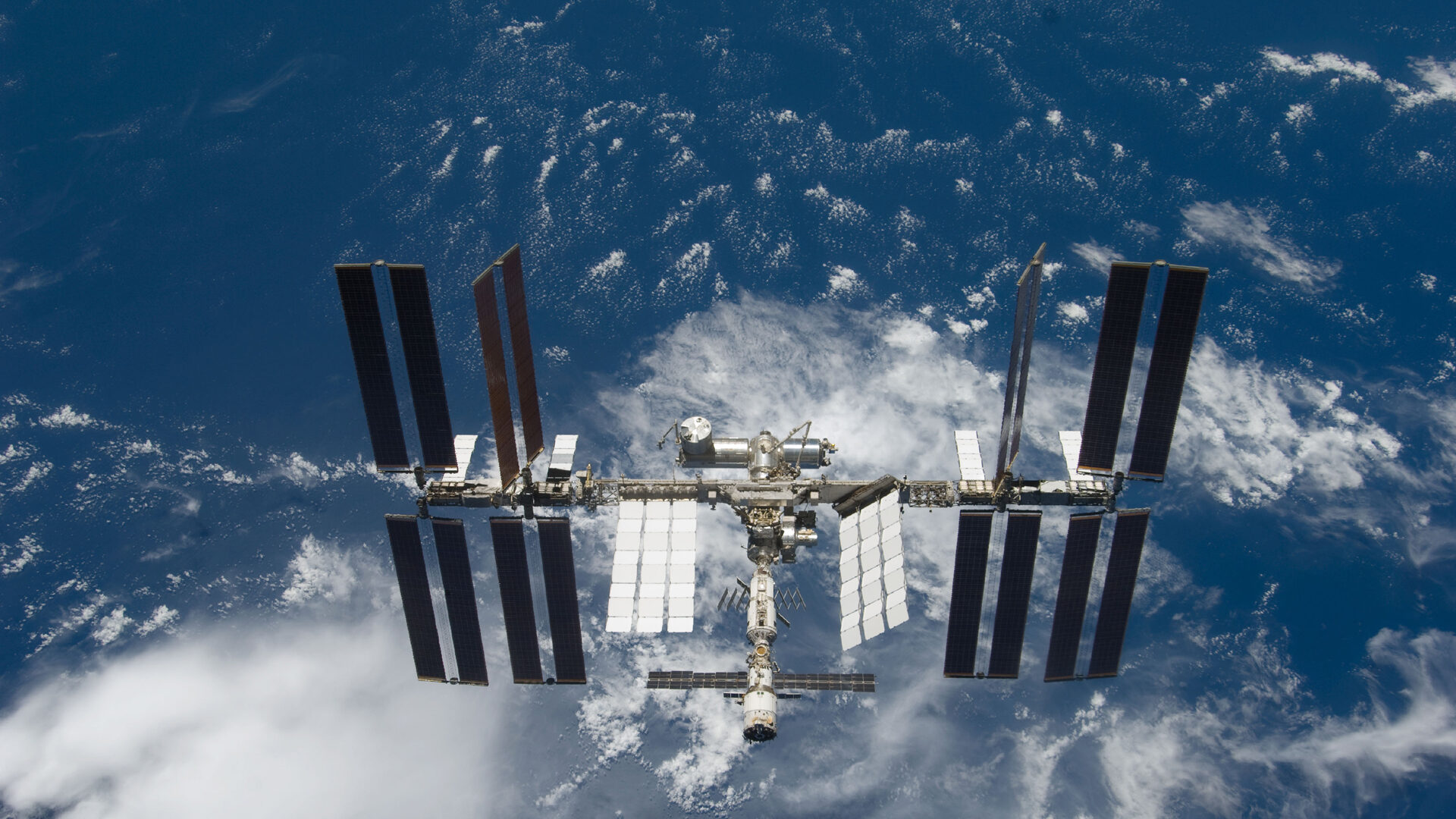
During the operational life of the ISS, scientists and experts from a wide range of fields have performed experiments that couldn’t have been tested anywhere on Earth. We have unlocked mysteries about growth, birth and genetics without gravity, and tested theories that will aid future missions of space exploration. We tested the long-term effects of weightlessness on the human body and we learnt tricks and tips that will prove invaluable to any future astronauts making a trip to Mars or beyond. But here’s my problem; it costs an absolute fortune to run. The ISS takes up roughly half of NASA’s human exploration budget and whilst it has been a worthwhile endeavor thus far, should we continue to support it?
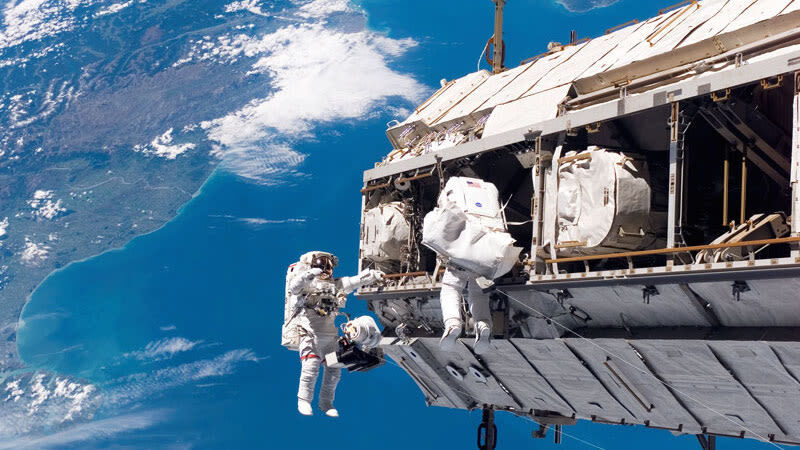
NASA is the biggest participant in the International Space Station project, even though Russian spacecraft are the only vehicles currently getting astronauts to and from the station. Of the $160billion invested in its development and operation, NASA has contributed over $100billion of that, with the rest coming from Russia, Europe, Canada and Japan. The final modules are in place and although further upgrades, such as inflatable pods, could potentially increase its size further, the ISS is essentially complete.
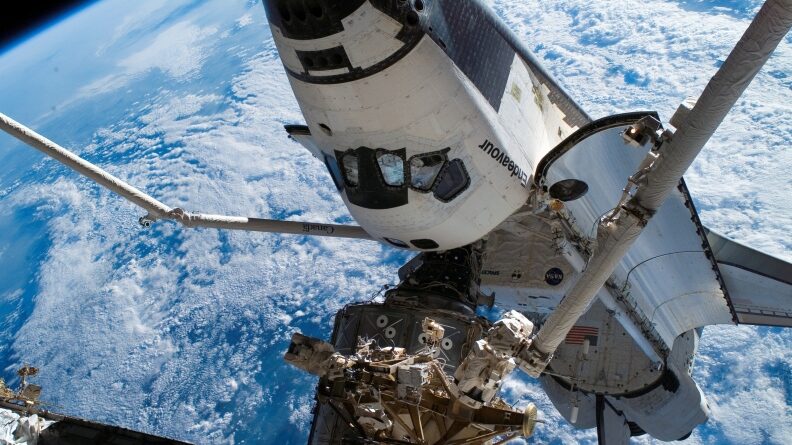
“Ideally, the ISS program will just be one more incremental step on an expanding, incredible journal of exploration and understanding, taking us higher and farther.” Ron Garan, The Orbital Perspective: Lessons in Seeing the Big Picture from a Journey of 71 Million Miles
What could they spend the money on instead?
NASA has a whole ton of projects it would like to invest in but it doesn’t have the funding. We have a whole solar system to explore and we all we’ve done so far is taken a few long range snaps. Venus is nearby and could hold secrets about runaway greenhouse effects. I hear the Moon is looking for a new base and don’t get me started about Europa, Enceladus and Titan which all need at least a probe to land on the surface and beam back images to provoke a new generation of explorers and future astronauts. The James Webb Space Telescope needs a buddy to help us search for life outside our solar system and asteroid redirect missions are a hugely interesting concept.
Space exploration costs money, and lots of it, and all funds have to get approved by congress. The problem with congress is that lots of people have different ideas about how to spend the money and where to concentrate our scientific and technological efforts. Personally, I hold a commonly voiced sentiment that Mars has to be the top priority and as one congressman recently asked at budget hearing; why aren’t we there yet? The answer to that question is cash. We pumped cash into the wrong areas and I think that sadly, we continue to do so.
“About half of the current [NASA] budget is allocated to low-Earth orbit endeavors which consist of the International Space Station, commercial cargo, and commercial crew,” a former NASA and Lockheed Martin executive, A. Thomas Young, told US lawmakers in February. “The other half of the budget is for human exploration which includes [the Space Launch System rocket] and Orion [spacecraft]. A $4.5 billion annual budget is clearly inadequate for a credible human exploration program. A choice must be made and made soon between [low-Earth orbit] and exploration.”
I believe the constellation vision was a nice one. The Constellation program had 3 objectives; complete the ISS, set up shop on the Moon and eventually visit Mars. It had achievable goals, an approved budget and the right people in charge. Unfortunately, congress got wind that it would require an increased injection of cash to achieve and the project was shelved. It was replaced by the SLS which has taken 6 years to even get the point where we might be ready, next year, to make a test flight. A lot changed in those 6 years, including technology, and we can now reuse boosters to reduce the cost of launches by a good factor. This technology has been proven to work by SpaceX and even the Chinese are getting in on the reusability act. I think even NASA are resigned to the fact that the SLS might work, but its going to cost a fortune.
“The goal isn’t just scientific exploration…. It’s also about extending the range of human habitat out from Earth into the Solar System as we go forward in time…. In the long run a single-planet species will not survive…. If we humans want to survive for hundreds of thousands or millions of years, we must ultimately populate other planets … colonize the Solar System and one day go beyond.” – Former NASA Administrator, Michael D. Griffin.
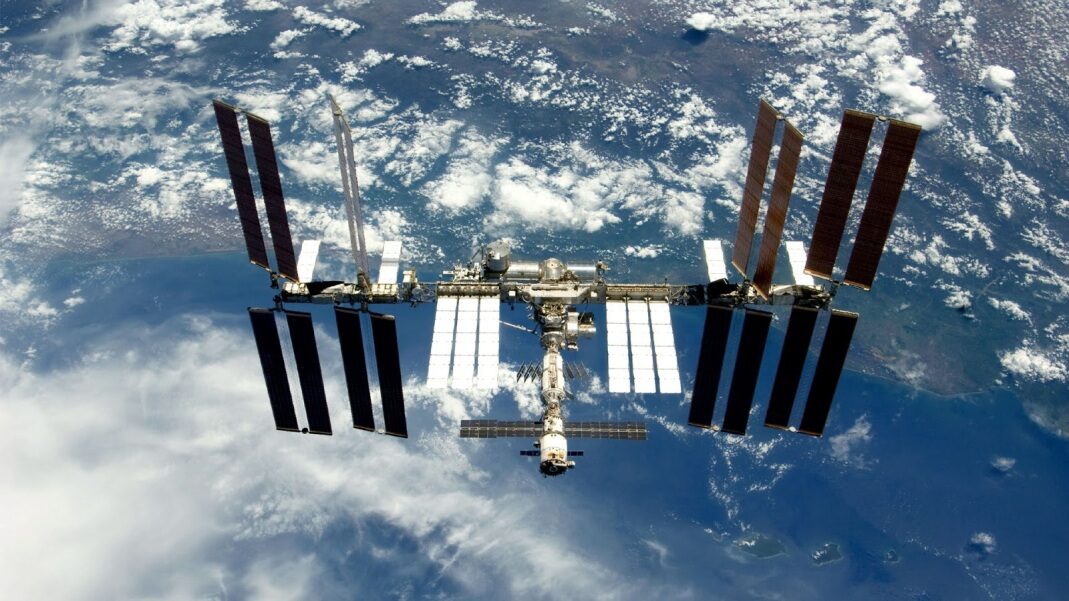
What happens to the ISS?
The current plans are to reassess the situation before 2024. It is approved for funding until then, and will continue to be used as testing grounds for further experiments. Unless, of course, anything happens to it, or the government decide to change policy and abandon humanities greatest accomplishment. After 2024, the ISS faces one of 3 paths; It gets continued as an international venture, sold to private operators or brought down in the pacific. Those are the options facing the International Space Station. It is too large, and too much of a danger to have flying around and decaying in orbit. One option could be to sell it to a private investor, although the governments wouldn’t recoup too much of the cash they have forked out over the past years. There is the chance that a pharmaceutical company might like to use it to for tests, or it could even become a hotel for the super-rich if someone forked out enough to maintain it.
I think that a credible, alternative project could be achieved if we have the International Space Station an early retirement. I think that a credible new project could be achieved, and sold to all the other space agencies around the world that could invest and get involved in a new project that would unite us in the same way the ISS did, except send us further and to other worlds.





